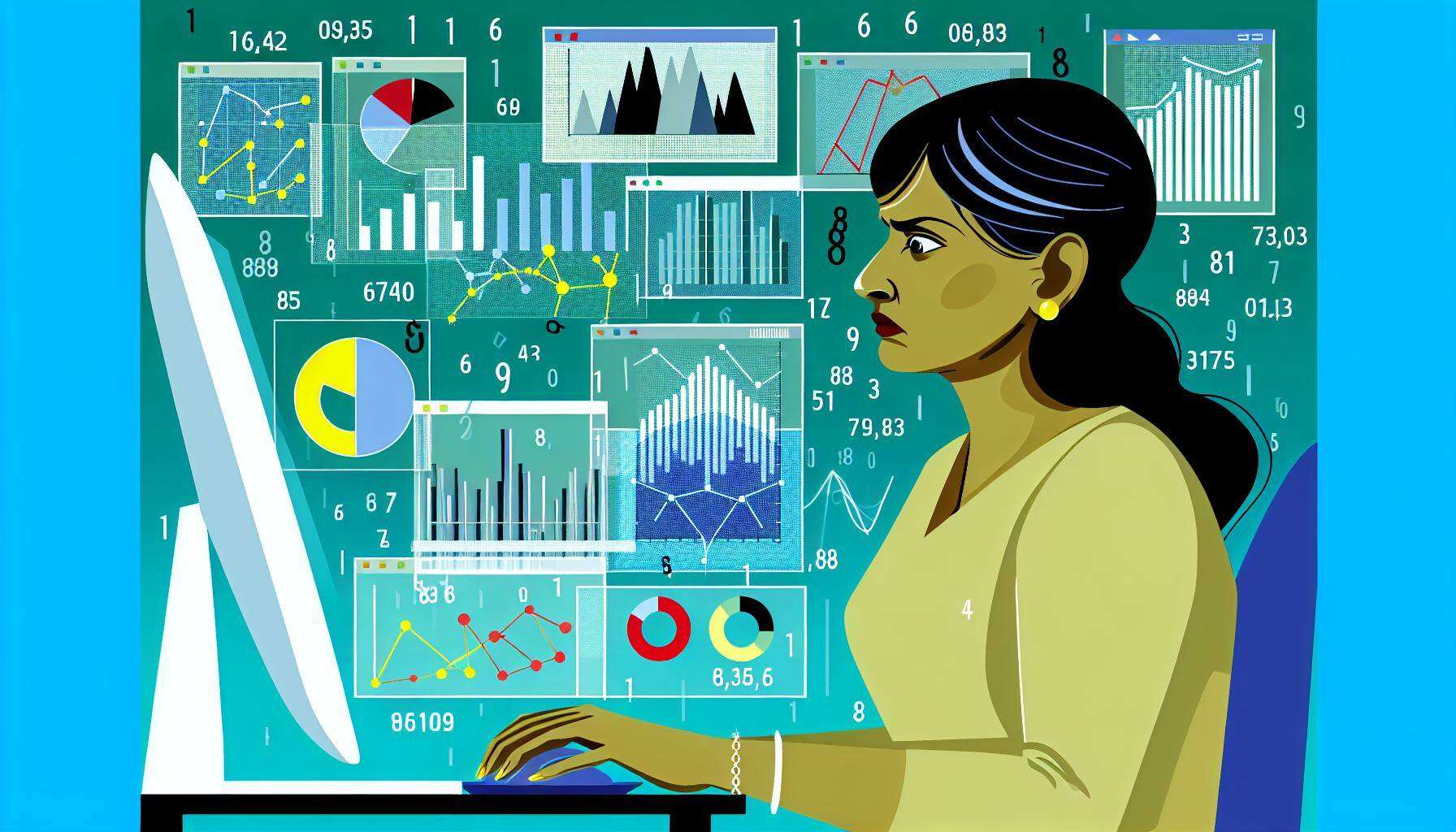By George Altawil October 7, 2025
In today’s job market, education is no longer a one-size-fits-all journey. As industries evolve and technology transforms the way we work, students and professionals alike are rethinking what it means to “go back to school.” Some are choosing to invest in full degree programs for long-term growth, while others are opting for shorter, skill-focused certificates that deliver immediate impact. The key is understanding how each option fits your goals—and how the two can actually work together to accelerate your career.
Choosing between a traditional degree and a certificate—or combining both—is a strategic decision in today’s evolving job market. Here’s how to compare the two effectively:
-
Time and Cost
A bachelor’s degree typically takes 3–4 years and can cost anywhere from $20,000 to $80,000 or more in tuition. In contrast, certificate programs often take just 3–12 months and cost only a fraction—often between $200 and $10,000 (Reddit CareerAdvice, 2025; VerifyEd, 2025). That means certificates offer quicker access to job-ready skills with less financial risk. -
Employer Demand
An estimated 75% of employers now view certificate programs as legitimate alternatives to degrees, especially in skills-intensive roles (VerifyEd, 2025). Research by UPCEA found that 74% of organizations say alternative credentials help fill skills gaps and improve workforce quality, with 71% increasingly accepting them in hiring (UPCEA & Collegis, 2022). However, concerns remain: 46% of hiring managers worry about the quality and consistency of certificate programs (UPCEA & Collegis, 2022; InsideHigherEd, 2023). -
Depth vs. Specialization
Degrees provide broad theoretical knowledge, critical thinking, and long-term credentials, whereas certificates focus on specific, practical skills—like AI fundamentals or cybersecurity—that align with immediate industry needs (VerifyEd, 2025; UCSD Extended Studies, 2025). This makes certificates ideal for upskilling or pivoting careers quickly. -
Stackable Credentials and ROI
The most effective path may be combining both. Micro-credentials can build toward full degrees, giving students early wins and reducing dropout risk (Wired, 2020). A recent MIT/UK job market study found employers emphasizing skills over degrees—AI skills, for instance, led to a 23% wage premium compared to degrees alone (Bone et al., 2023). -
When Each Makes Sense
Early-career students in fields like engineering, medicine, or law often still need degrees for licensure and foundational knowledge. Mid-career professionals, however, gain faster return on investment with targeted certificates, especially when paired with degree credits. Harvard Business economist Amy Edmondson notes that in fast-moving fields, short programs can sometimes offer greater lifetime value (Elmhurst University report, 2023).
The Takeaway
In summary, the choice between certificates and degrees depends on your goals. If you’re looking for speed, cost-efficiency, and targeted outcomes, certificates are a smart choice. If you're pursuing licensure, long-term depth, or leadership roles, a degree may be key. And for many, the best strategy is a hybrid path that combines both—using micro-credentials to gain experience and stack toward a full degree while staying flexible and cost-conscious.
The bottom line? Education today is about strategy, not tradition. You don’t have to choose between practicality and prestige—you can design a learning path that evolves with you. Whether you’re looking to pivot careers, sharpen your edge, or prepare for leadership, the right mix of certificates and degrees can help you move forward faster and smarter in an economy that rewards continuous learning.
References
Bone, M., Ehlinger, E., & Stephany, F. (2023, December). Skills or degree? The rise of skill-based hiring for AI and green jobs [Preprint]. arXiv. https://arxiv.org/abs/2312.11942
InsideHigherEd. (2023, March 2). Microcredentials confuse employers, colleges and learners. Inside Higher Ed. https://www.insidehighered.com/news/tech-innovation/teaching-learning/2023/03/02/microcredentials-confuse-employers-colleges-and
Reddit CareerAdvice. (2025, July 2025). Certifications vs. degrees—what actually pays off in 2025? Reddit. https://www.reddit.com/r/careeradvice/comments/1lqpdtd/certifications_vs_degrees_what_actually_pays_off
UPCEA & Collegis Education. (2022, August). Employer demand for microcredentials on the rise [PDF]. https://collegiseducation.com
UCSD Extended Studies. (2025). Certificate vs. certification: Two tools to propel your career. UCSD Extended Studies. https://extendedstudies.ucsd.edu/news-events/extended-studies-blog/certificate-vs-certification-two-tools-to-propel-your-career
VerifyEd. (2025, May). Certificate program vs. degree: Which credential best fits your goals? VerifyEd. https://www.verifyed.io/blog/certificate-program-vs-degree
Wired. (2020, June 2). More students are ‘stacking’ credentials en route to a degree. Wired. https://www.wired.com/story/students-stacking-credentials-route-degree
Previous Articles
.png)
CalMU Partners with Edcor to Provide Education Opportunities
CalMU is proud to announce a new partnership with Edcor, giving employees of Edcor-affiliated companies access to high-q...
Read more →
16 Artificial Intelligence Career Paths
Updated July 2025 Artificial intelligence (AI) is transforming industries at an unprecedented pace. In fact, 72% of orga...
Read more →
Technology & AI Mixer at CMUSan Jose In-Residence
Join Us for an Exciting Evening at Our San Jose In-Residence Site!
Read more →
Artificial Intelligence in Business: A Look at This Innovative New Technology
Over the past several years, artificial intelligence has gone from speculative science fiction to tools that support us ...
Read more →
SAVE THE DATE! CMU President's Visit to India on August 28th!
California Miramar University's President Visit to India to announce some great news!
Read more →
AI Jobs Event at California Miramar University’s San Jose Campus
Join Us for an Exciting Evening at Our San Jose Campus Soft Opening!
Read more →
Artificial Intelligence in Education: The Future is Here
Over the past few years, artificial intelligence has gone from a niche technology to one that is accessible to nearly an...
Read more →
15 Powerful Applications of Artificial Intelligence Across Industries
Updated July 2025 Artificial intelligence (AI) is at an inflection point, with widespread adoption accelerating across i...
Read more →
Business Administration vs. Management: What’s the Difference?
You already know you want a degree in business, but which one should you get? Chances are you’ve heard of two popular bu...
Read more →
Why Study Data Analytics in Business? Exploring the Career Benefits
Businesses handle vast amounts of data daily, with the average company managing around 163 terabytes (TB) of data. To pu...
Read more →.png?width=2000&height=560&name=New%20Partnership%20(3).png)